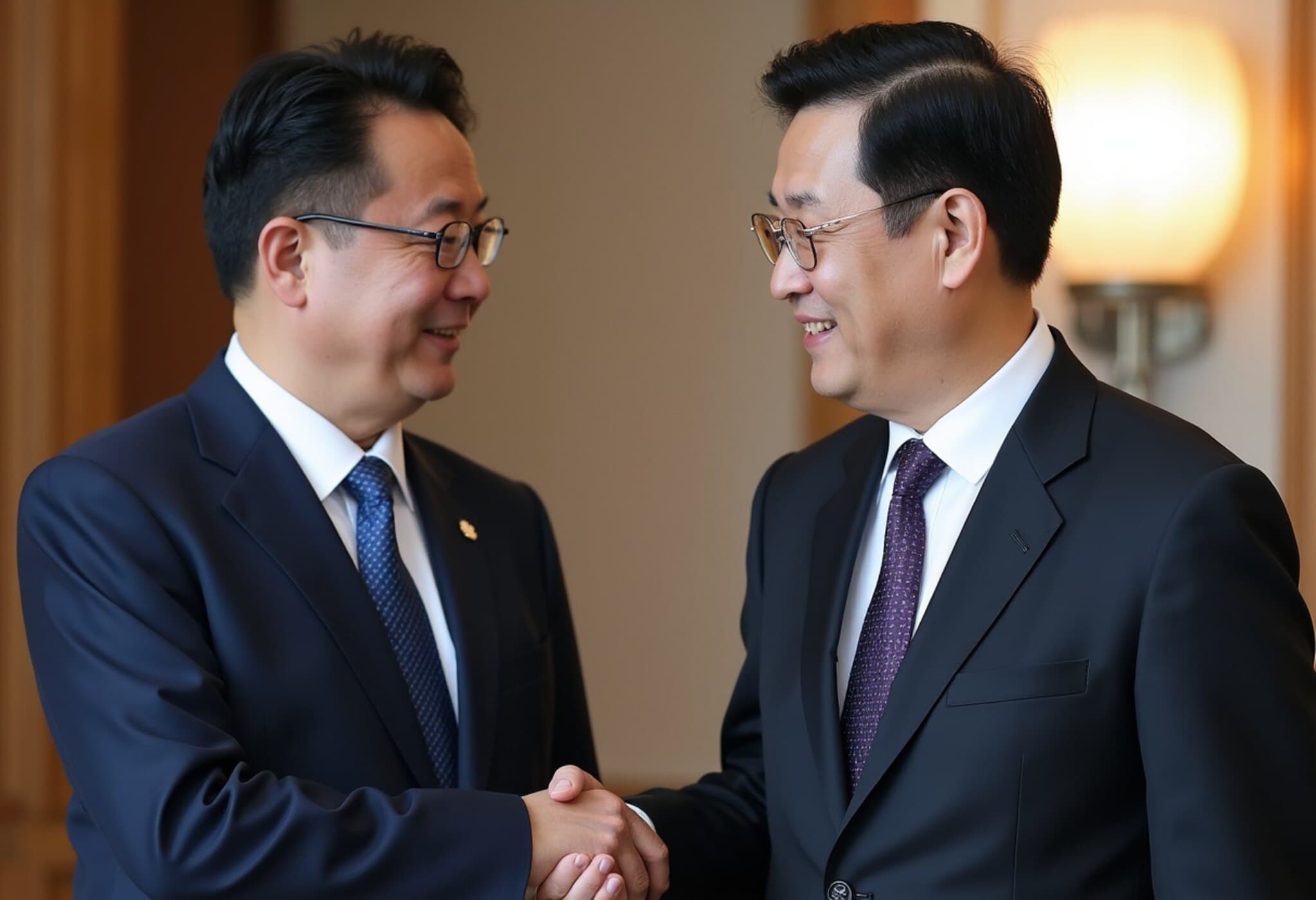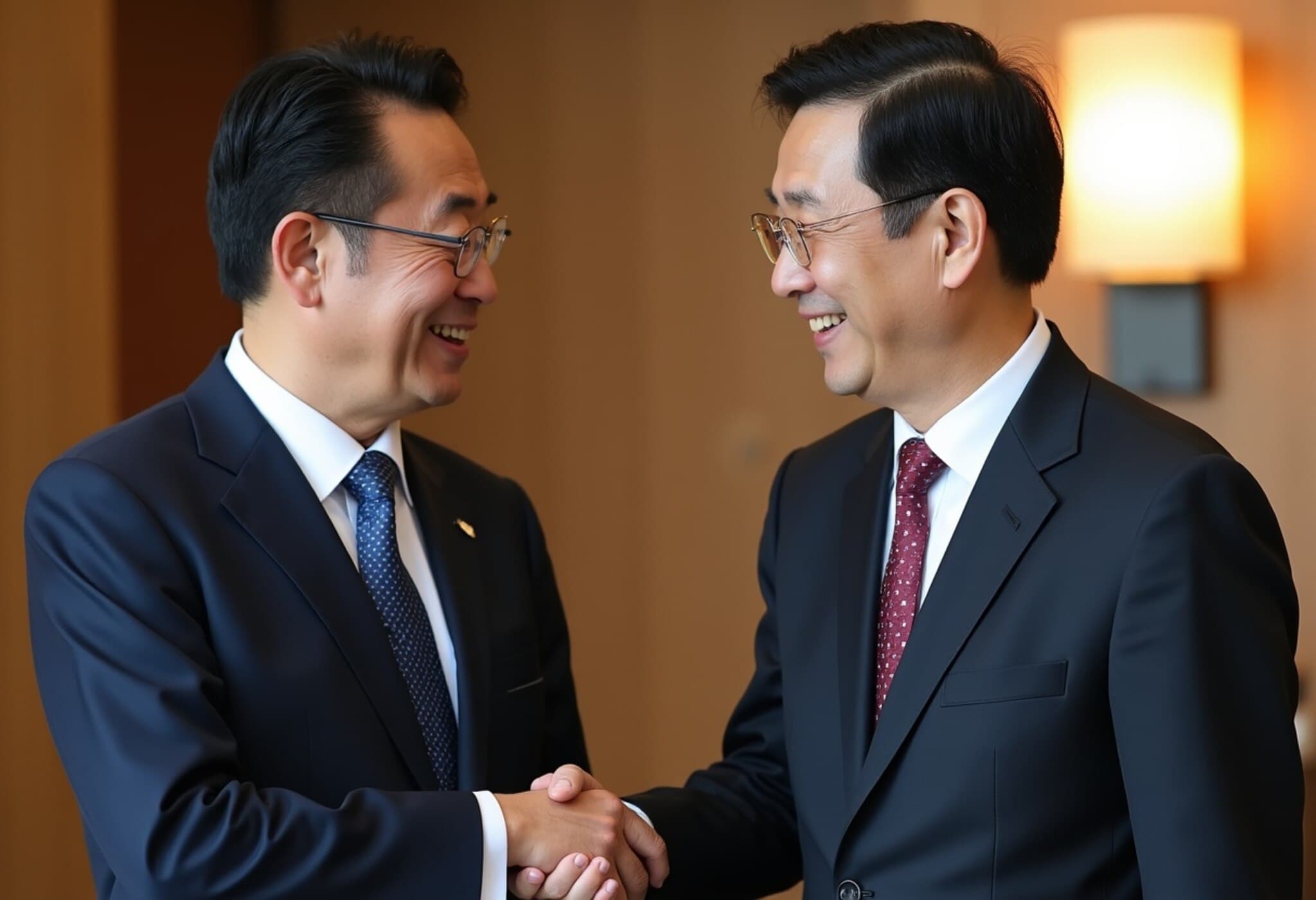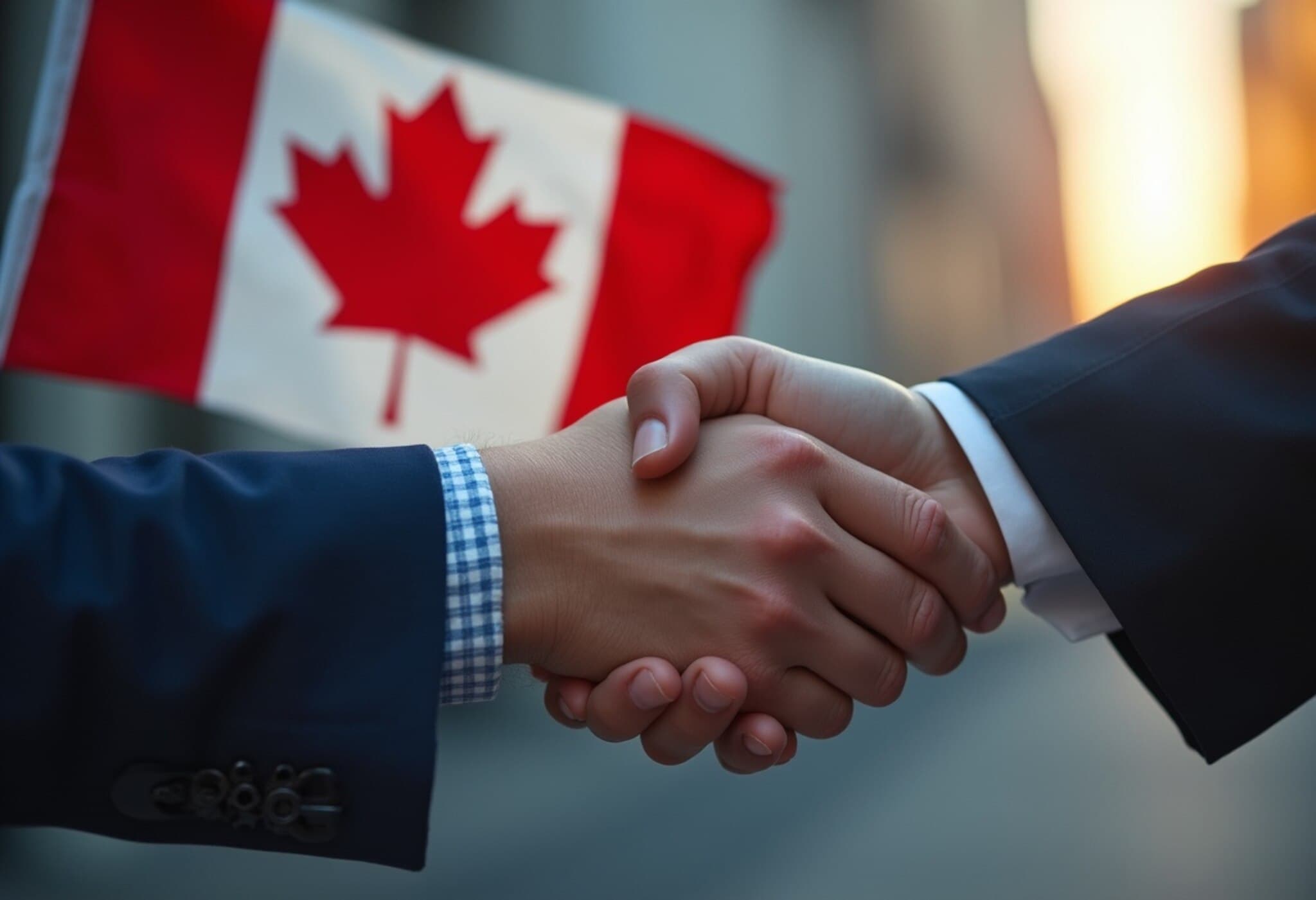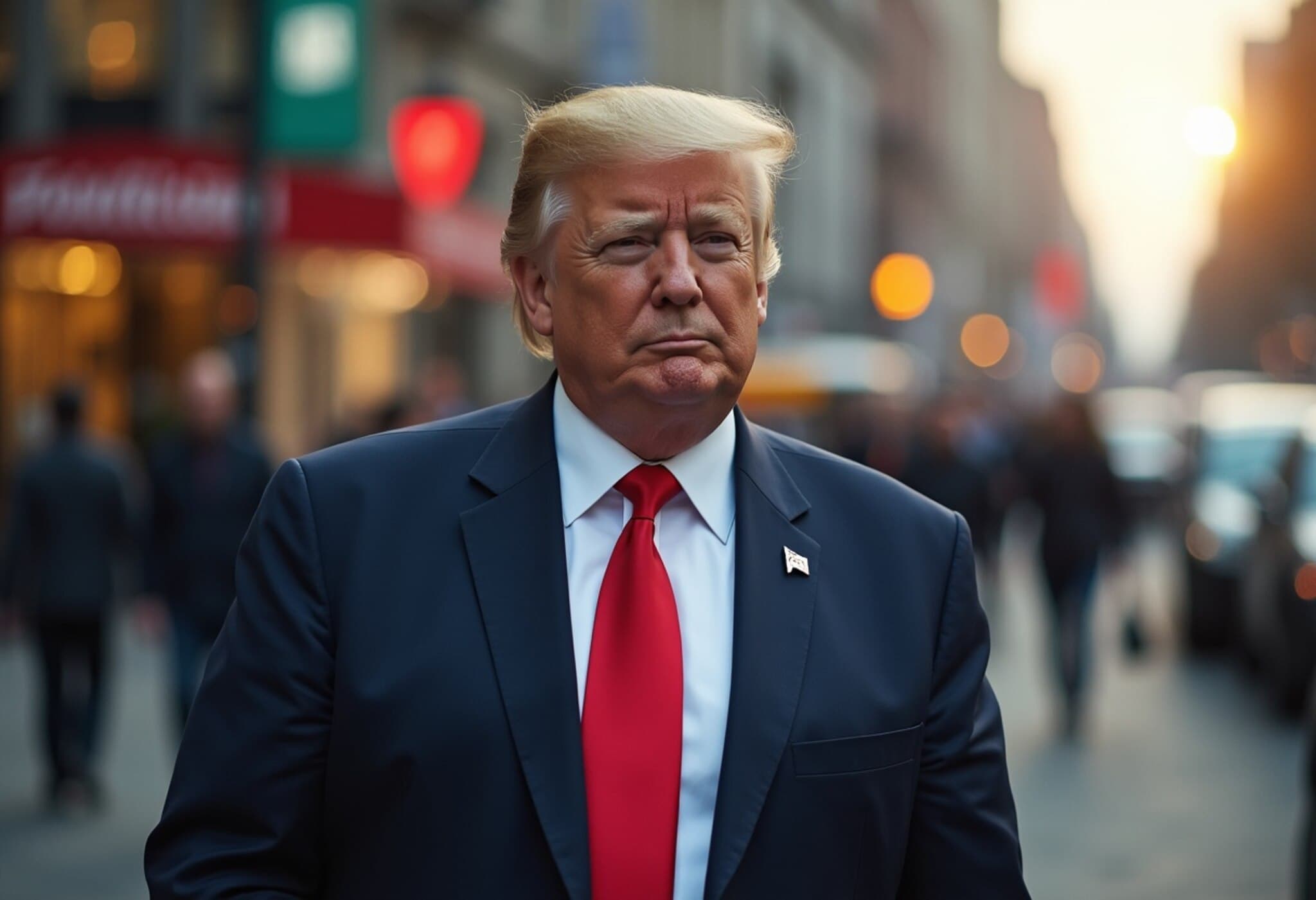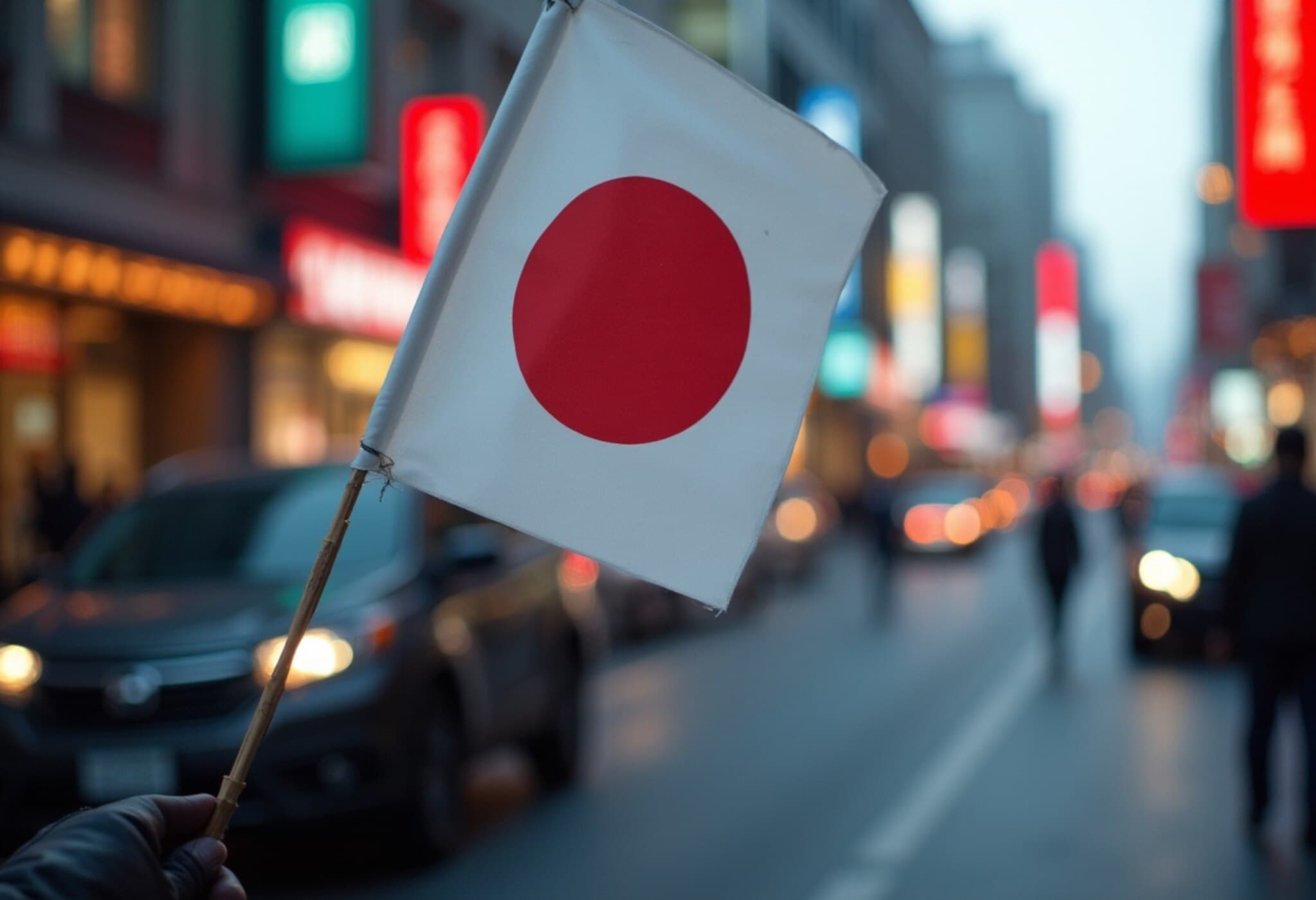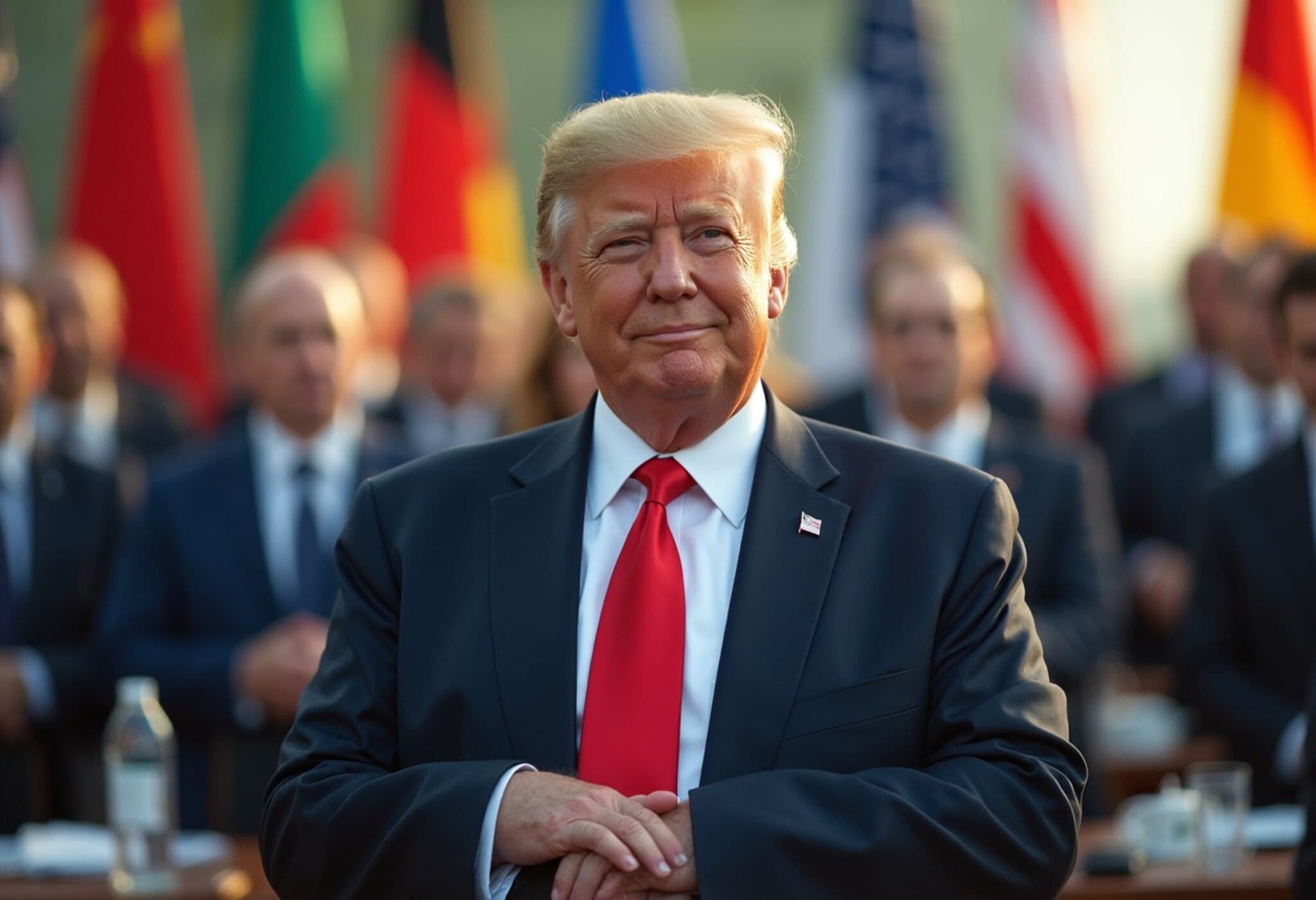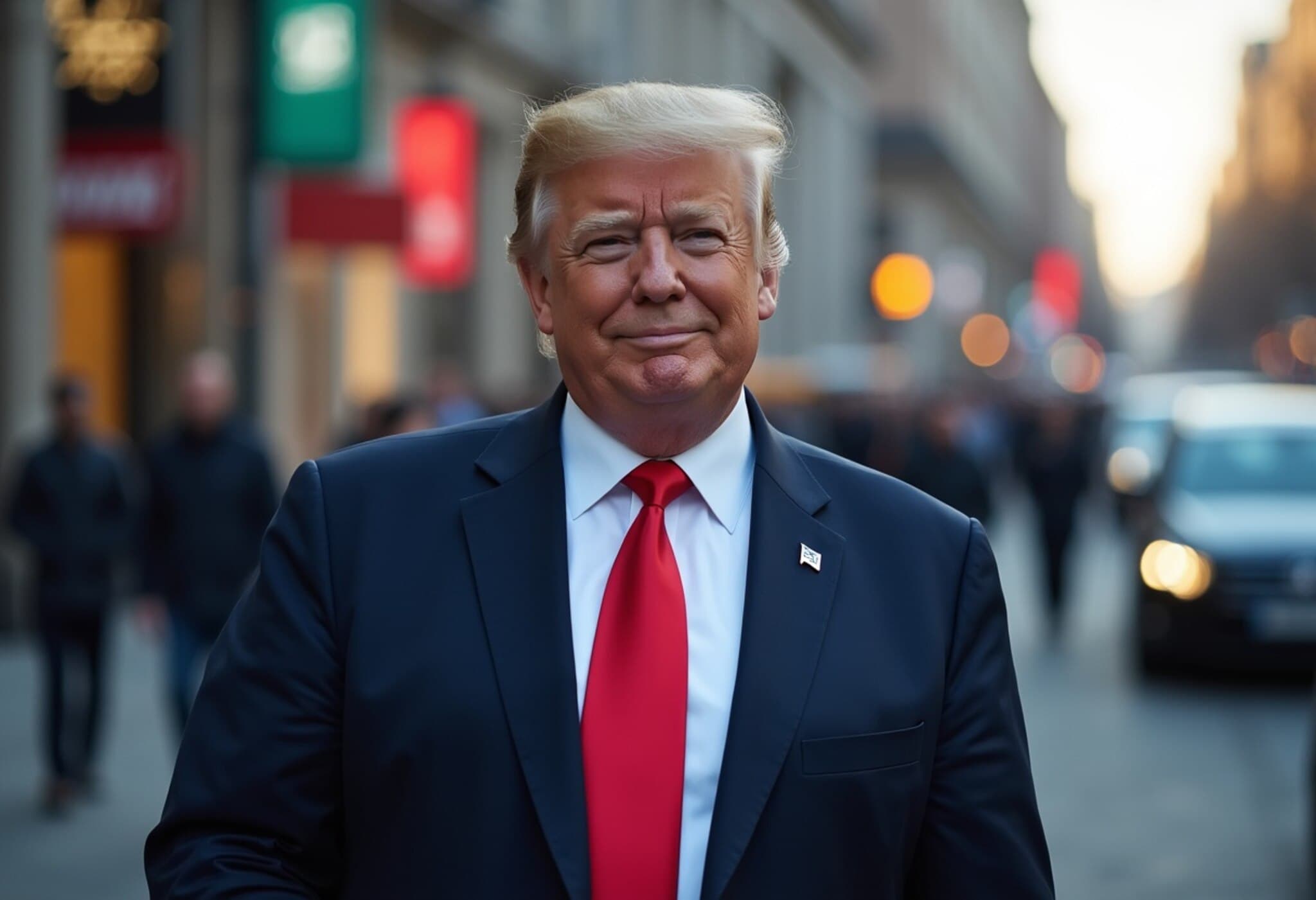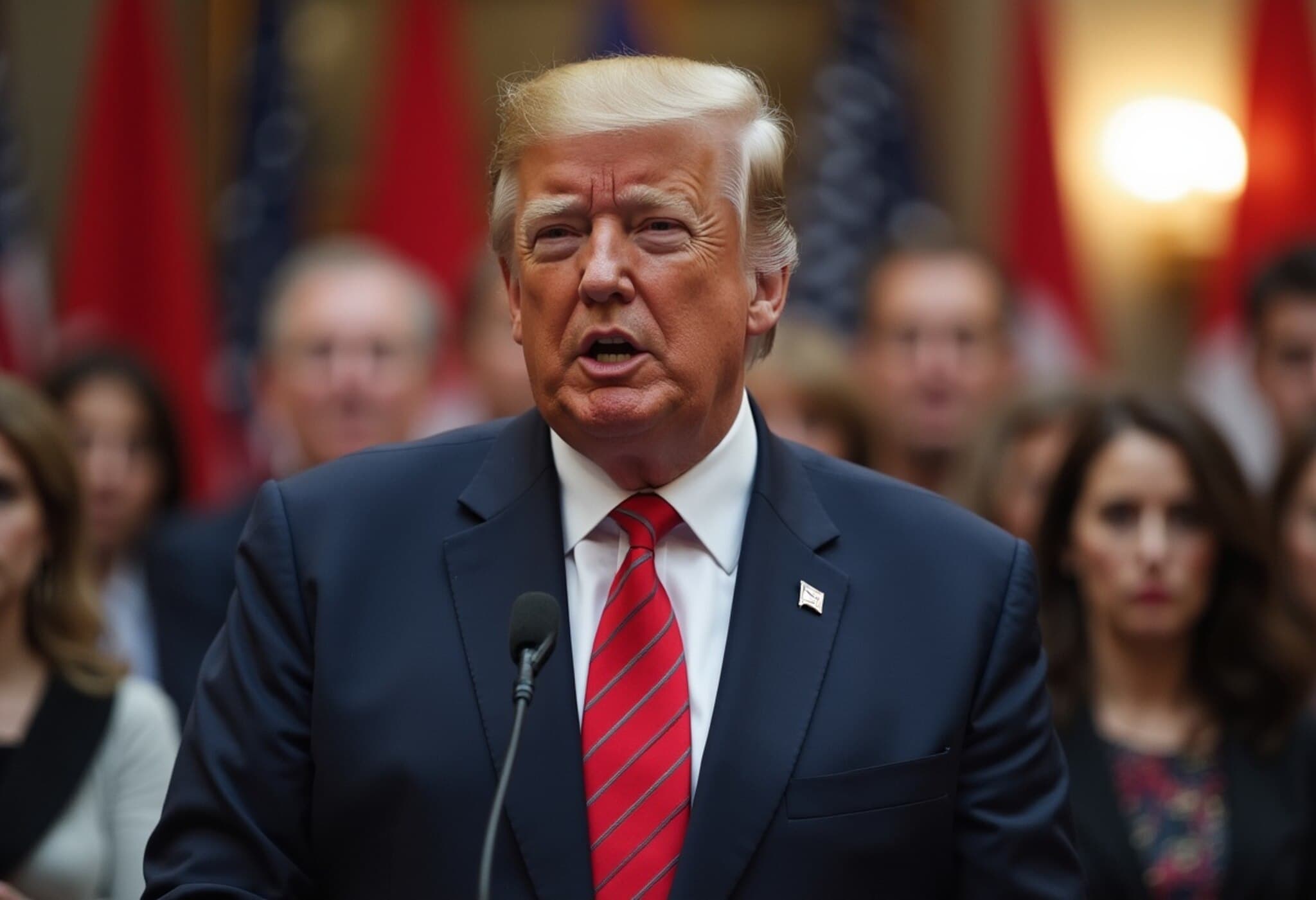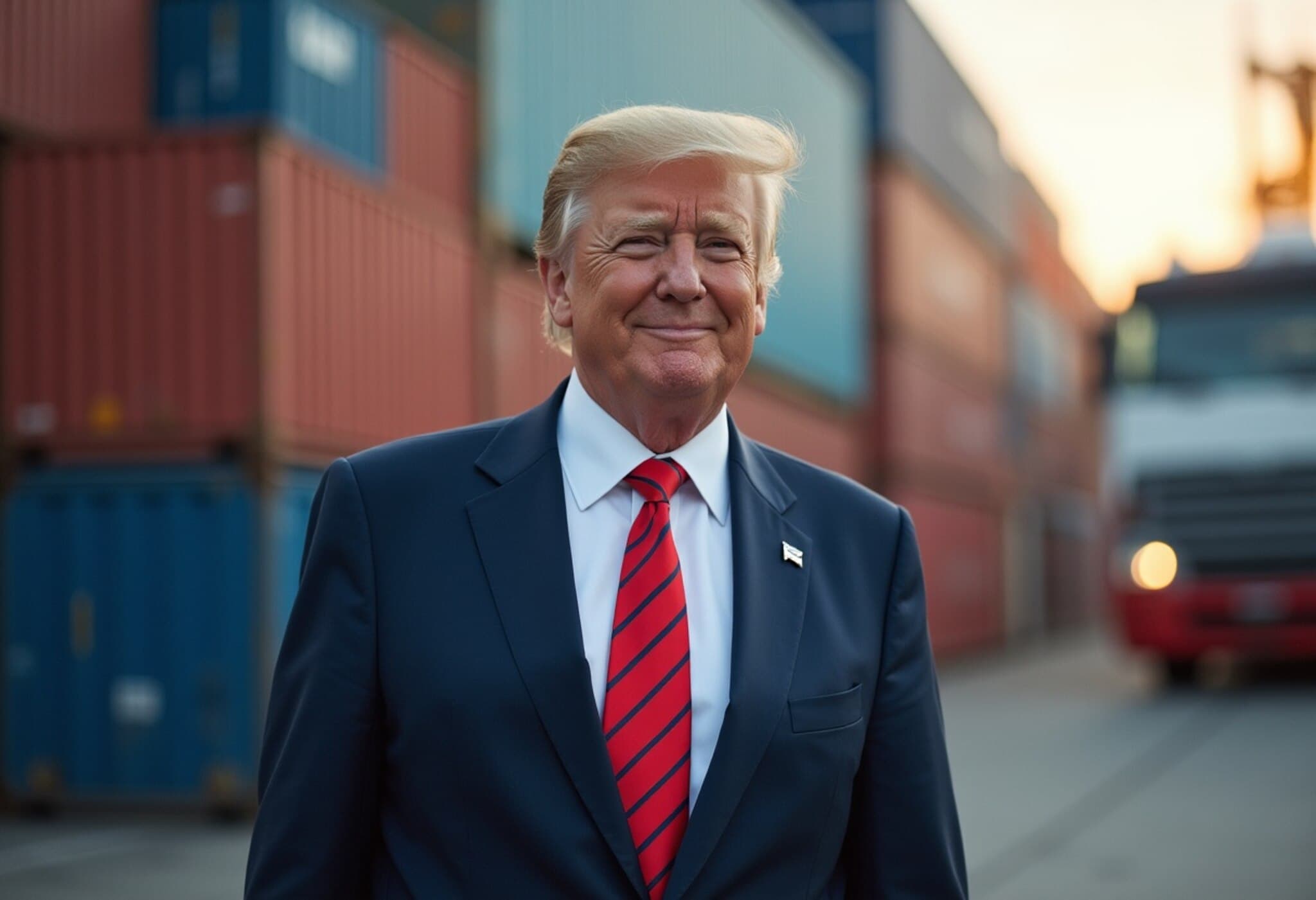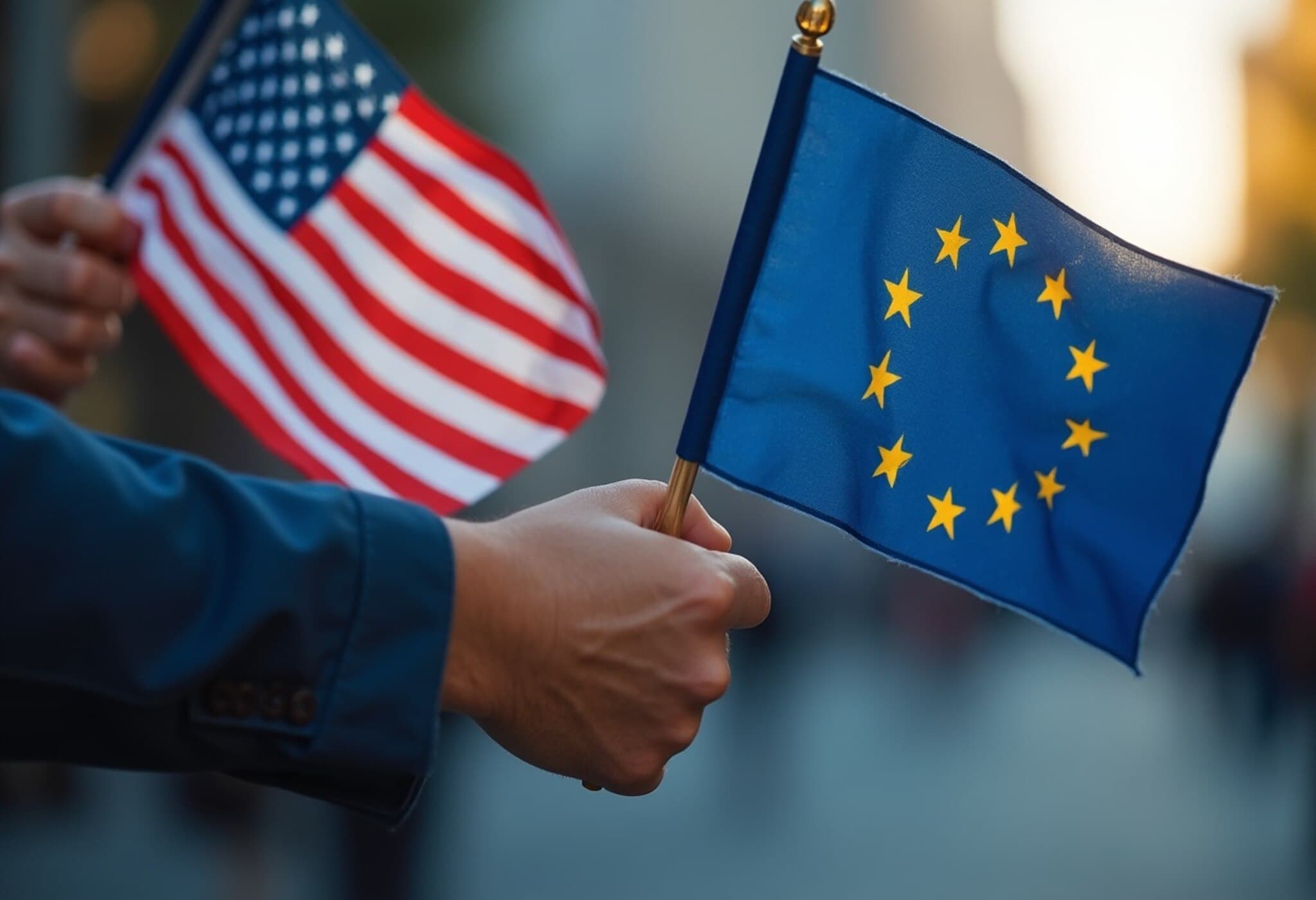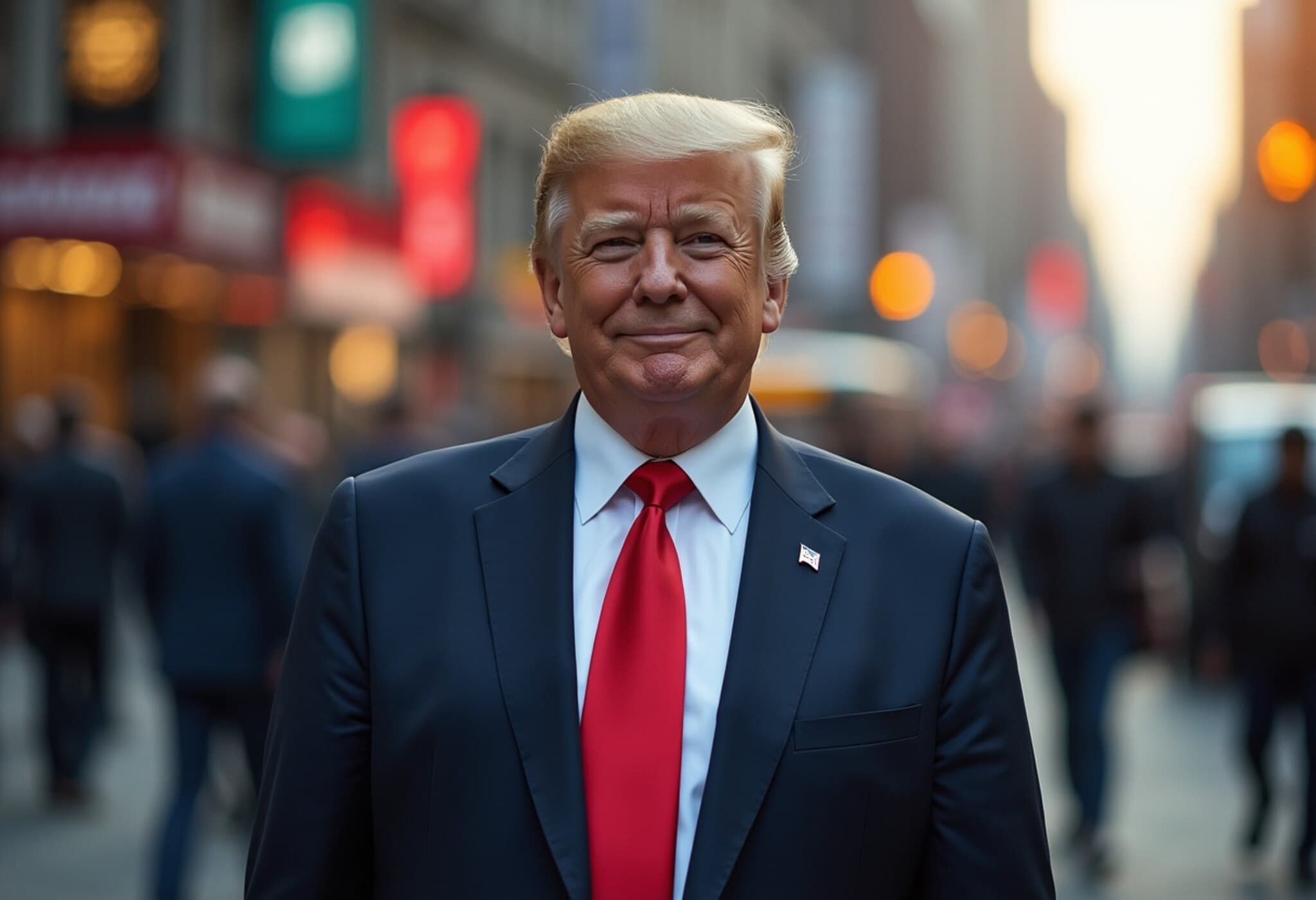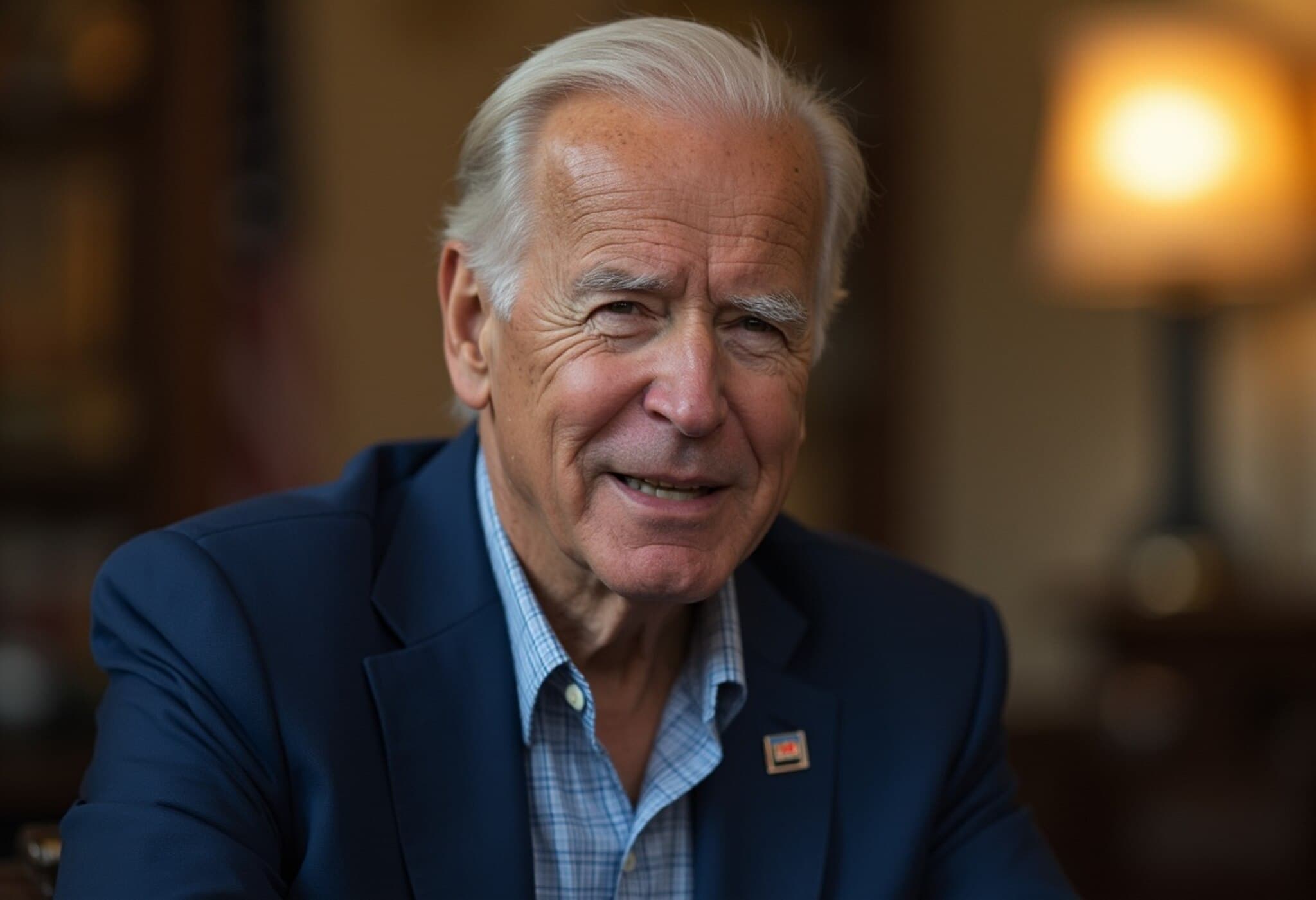South Korea Prepares for Pivotal Trade Discussions with the U.S.
In a high-stakes moment for its international trade relations, South Korea's newly appointed finance minister, Koo Yun-cheol, alongside top trade envoy Yeo Han-koo, is set to meet with their U.S. counterparts on Friday to address contentious U.S. tariffs. These talks, unfolding amid significant political reshuffling in Seoul, aim to navigate the complex web of trade tensions that have intensified under the Trump administration's hardline tariff policies.
New Leadership, Urgent Diplomatic Missions
Koo Yun-cheol assumed office just days ago, stepping into a role complicated by the political upheaval following President Lee Jae Myung’s early election victory. Lee was sworn in on June 4 after his predecessor’s controversial attempt to impose martial law, which unsettled domestic and international observers alike. This political turbulence contributed to a delayed South Korean response to President Trump's tariffs, which target a broad range of allies and trading partners.
Adding to the diplomatic momentum, South Korea’s foreign and industry ministers are also scheduled to travel to Washington this week for serious trade negotiations, signaling Seoul's commitment to engaging multilaterally on resolving tariff conflicts.
Key Figures Poised for Crucial Negotiations
- Finance Minister Koo Yun-cheol – New to the post, brings a pragmatic approach emphasizing national interest.
- Trade Minister Yeo Han-koo – Tasked with spearheading discussions on trade barriers.
- U.S. Treasury Secretary Scott Bessent – Represents U.S. fiscal interests amid trade retaliation measures.
- U.S. Trade Representative Jamieson Greer – Oversees the negotiation process for the Trump administration.
During a briefing, Koo revealed that these talks were initiated at the request of U.S. officials, underlining the mutual urgency of the situation. Though careful not to disclose specific negotiation positions, Koo emphasized a strategic and meticulous approach to the discussions, reflecting South Korea’s desire to secure favorable terms without escalating tensions.
The Bigger Picture: Tariffs, Politics, and Regional Implications
The looming August 1 deadline for reciprocal tariffs reflects the broader challenges emerging from President Trump's effort to recalibrate trade dynamics he deems unfair. South Korea, a key U.S. security ally and major industrial power, finds itself at a complex crossroads where economic strategy, political stability, and international diplomacy intersect.
Industry Minister Kim Jung-kwan reinforced this urgency, describing the talks as being in a "critical phase". He pledged a dedicated push to conclude negotiations before the tariff imposition deadline, highlighting the stakes for South Korea’s export-driven economy.
Meanwhile, Japan is navigating similar challenges, with Tokyo's chief tariff negotiator, Ryosei Akazawa, scheduled to visit Washington, aiming to finalize a deal before the same August 1 cut-off. This parallel highlights the shared pressures East Asian allies face under shifting U.S. trade policies.
Expert Analysis: Navigating the Tightrope of U.S.-South Korea Relations
Trade policy analysts observe that these negotiations are more than routine tariff talks; they represent a test of diplomatic agility and economic foresight. South Korea’s leadership must balance asserting their national interests with maintaining strong ties to the U.S., especially given the broader geopolitical concerns in the region.
Moreover, the indirect effects of these tariffs could ripple through global supply chains, affecting industries ranging from automotive manufacturing to electronics, where South Korea holds a significant footprint. The outcome will resonate beyond bilateral relations, potentially influencing global trade norms amid rising protectionism.
Looking Ahead: What’s at Stake?
- Economic Impact: Potential tariffs threaten to disrupt South Korea’s export markets, notably to the U.S., which remains one of its largest trading partners.
- Political Stability: South Korea’s new administration faces its first major international policy test, shaping Lee Jae Myung’s credibility on the global stage.
- Regional Dynamics: Coordination or divergence between South Korea and Japan during these talks will signal broader East Asian responses to U.S. trade policies.
Editor’s Note
This unfolding negotiation is a critical case study in how global trade conflicts interplay with domestic politics and international alliances. Coming so soon after a turbulent political transition in Seoul, South Korea’s approach to the U.S. tariffs could define its economic trajectory and diplomatic posture for years to come. Readers should watch how these talks reflect broader trends in U.S. trade policy under the Trump administration and its ripple effects across allied nations.
What strategies will South Korea deploy to reconcile economic pragmatism with political pressures? How might these negotiations influence the future of U.S.-East Asia relations amid shifting global power dynamics? The answers to these questions remain key to understanding the evolving geopolitical landscape.

